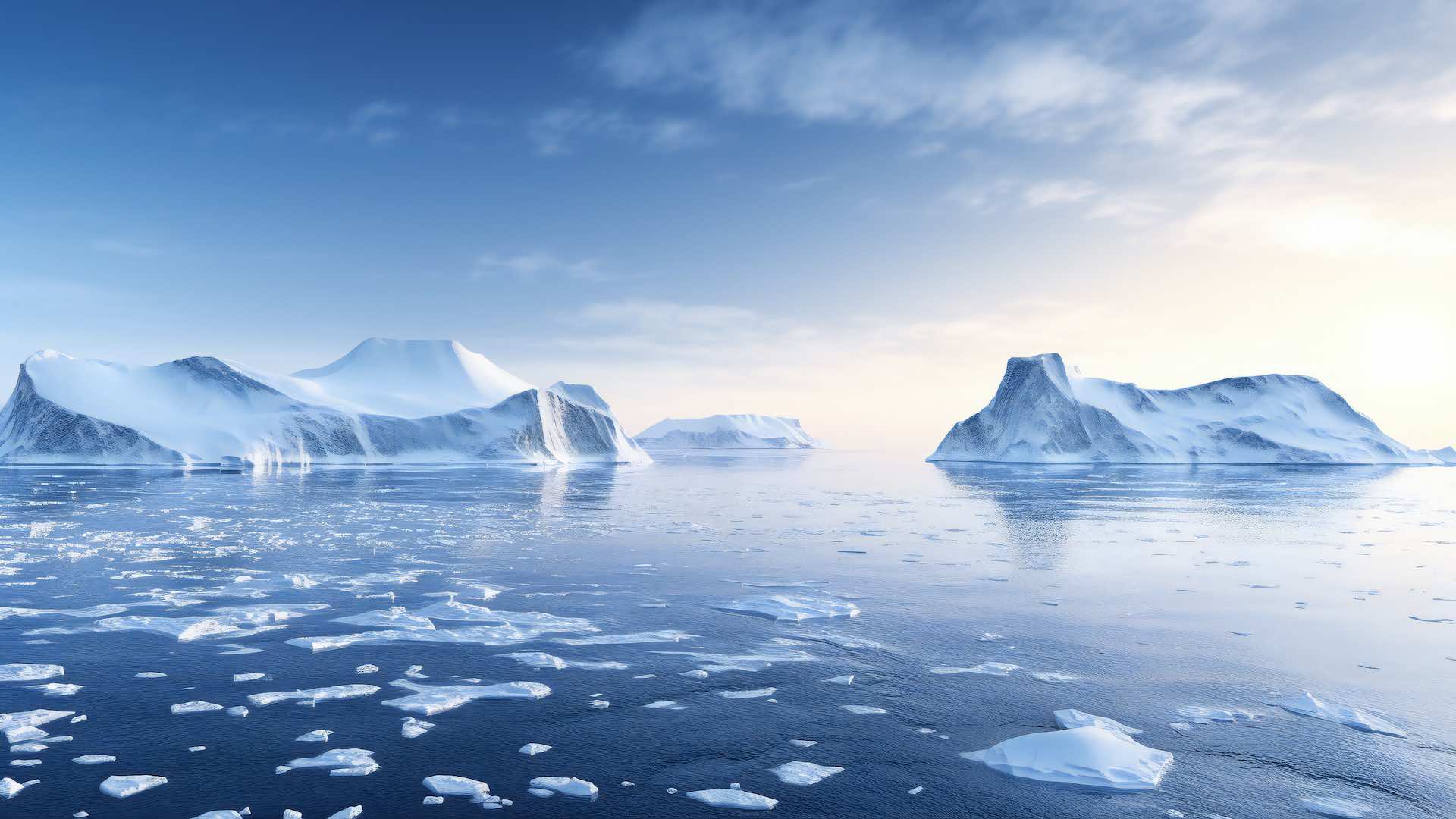The Arctic region, often seen as a barometer for global climate health, has experienced its warmest summer on record this year, signaling an alarming trend with far-reaching implications. This unprecedented warming has led to a series of extraordinary environmental events, including rampant wildfires and significant glacier melting. These developments pose a serious threat to the global community, primarily through the resultant rise in sea levels. This dire situation was detailed in a recent report by the United States’ National Oceanic and Atmospheric Administration (NOAA), as reported by Reuters.

According to the 2023 Arctic Report Card released by NOAA, summer surface air temperatures in the Arctic have reached their highest point since records began in 1900. This accelerated warming, occurring at twice the rate of the global average, is largely attributed to human-induced climate change. The report underscores the Arctic’s critical role as a harbinger of broader climatic shifts, highlighting the urgent need for global attention and action.
The annual report further revealed an increase in extreme weather and climate events with a global impact. Notably, regions across northern Canada and the Canadian Arctic Archipelago experienced both elevated temperatures and below-normal precipitation. This combination of factors contributed to an exceptionally severe wildfire season, underscoring the interconnectedness of climate phenomena across different geographic areas.
Another striking revelation from the report is the continued loss of ice mass in Greenland. Over the past year, Greenland’s ice sheet has shed an estimated 350 trillion pounds (approximately 158.7 billion metric tons), continuing a worrying trend that began in 1998. This substantial loss of land ice is a significant contributor to rising global sea levels, posing a threat to coastal communities worldwide.
The findings of the NOAA’s Arctic Report Card serve as a stark reminder of the interconnected nature of our planet’s climate systems. The rapid changes observed in the Arctic are not isolated incidents but indicators of broader environmental shifts that have tangible impacts on the global stage. As sea levels rise and extreme weather events become more frequent, the urgency for collective action on climate change becomes ever more apparent.
